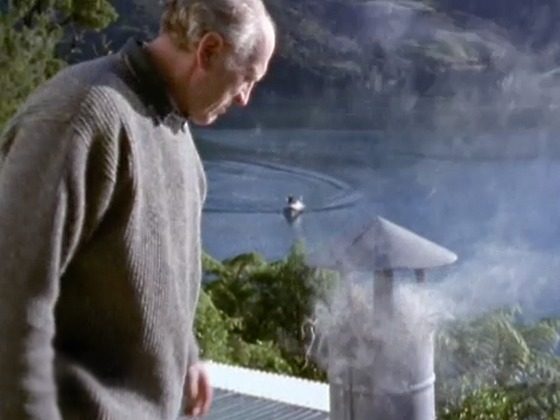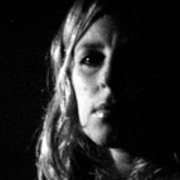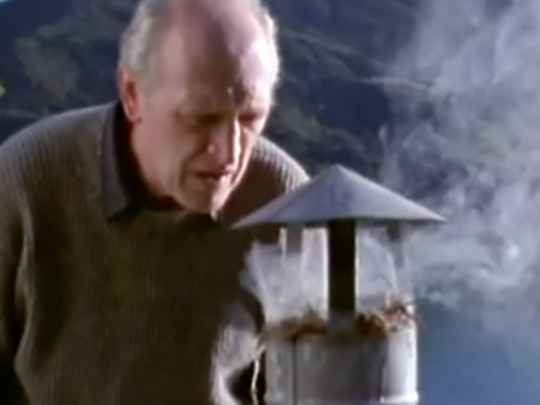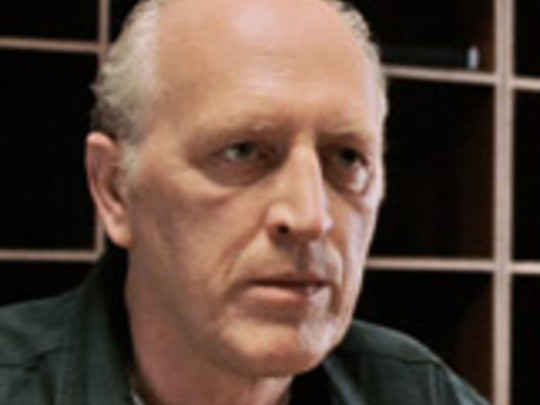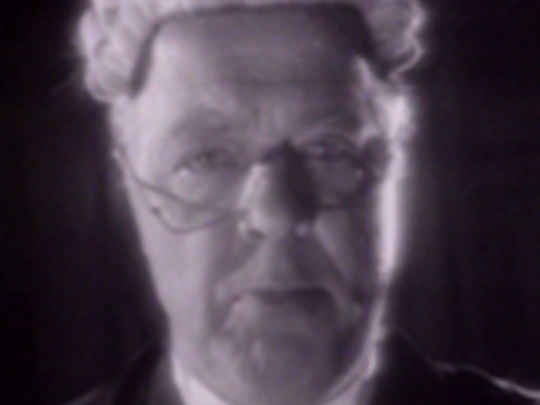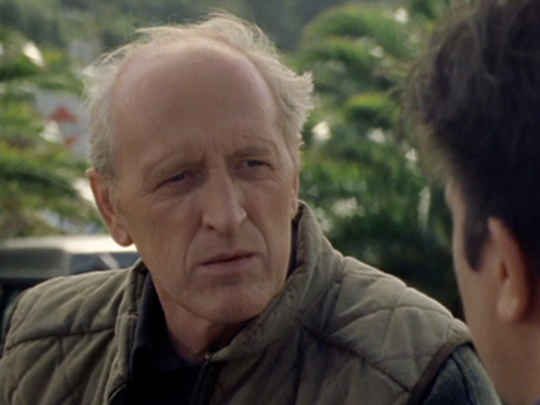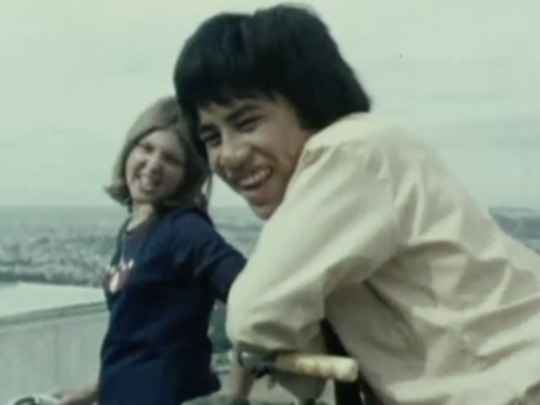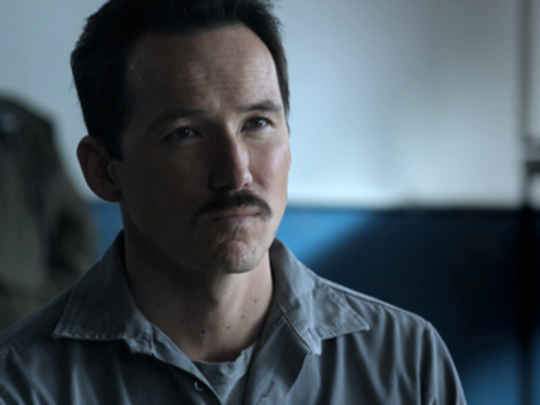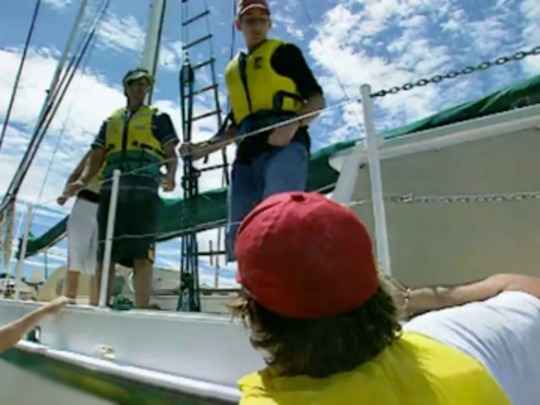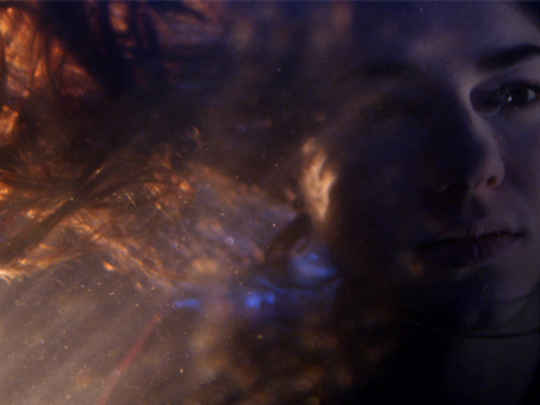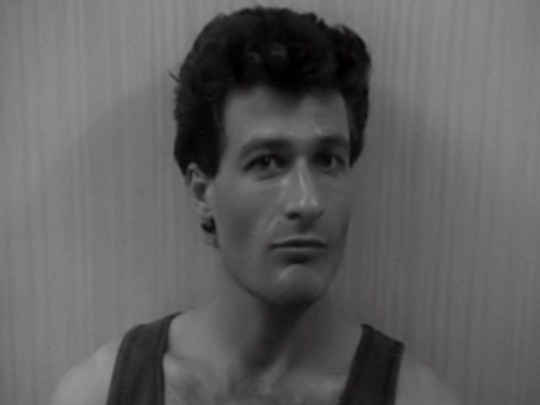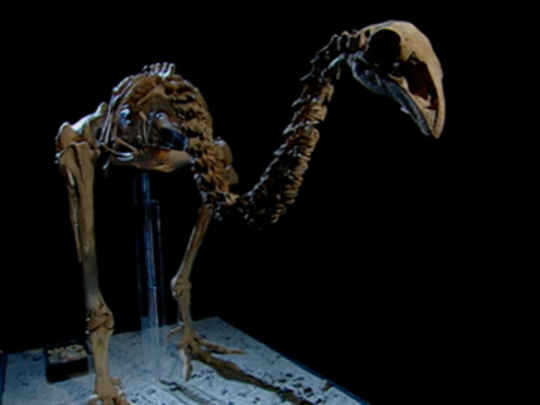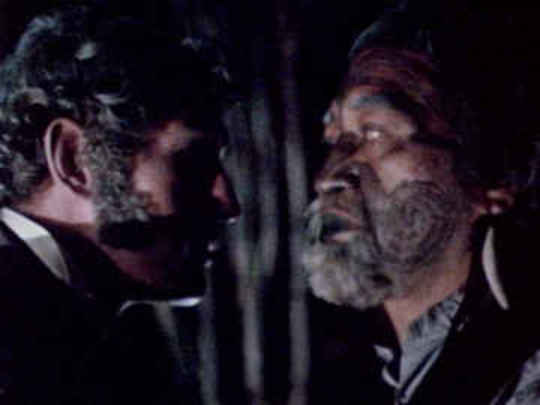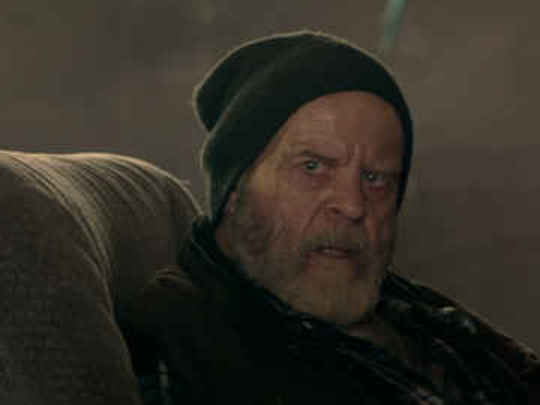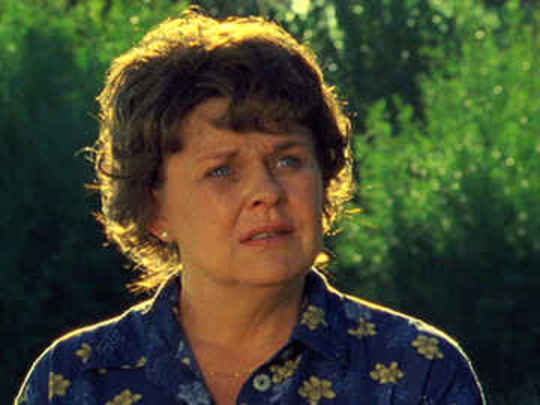Duggan: Death in Paradise
Television (Excerpts) – 1997
The birth of a Kiwi detective
Seeking to make a show for TV One's primetime audience, where British murder mysteries had proven consistently popular, director Yvonne McKay and writer Marion McLeod conceived the idea of a star-led murder mystery, set in a quiet village. The star was John Bach. The village was the Marlborough Sounds. And the show was Duggan.
Co-writer Donna Malane, explains. "Ken Duncum and I plotted and wrote the tele-features [Duggan: Death in Paradise and Duggan: Sins of the Fathers] which were the precursor to the series of one-hours. Ken and I spent hours traipsing around the streets of Mt Victoria [in Wellington] plotting crime stories. I remember walking my dog for hours in the town belt, thinking up twists and turns to the plots. I'd scare myself silly!"
The two-hour format of a tele-feature suited Duggan well. According to Duncum, the extra hour provided necessary scope for the setting up and teasing out of the web of 'human entanglements', typical of the murder mystery form. Adds Malane: "We loved the longer format because it gave us room for the false leads and red herrings necessary in what was essentially a whodunnit in the model of Taggart."
Other comparisons might be Inspector Morse or Midsomer Murders — both detective series set in rustic English settings, framed around an eccentric puzzle-solving protagonist. Duggan similarly eschews urban crime scenarios to explore places where the picturesque facade is peeling.
It was a mix of scale, scenery and mystery that well suited New Zealand television expectations; where audiences typically find their urban crime escapism in imported large-scale procedural crime stories, secure in the knowledge that (mostly) "they don't happen here."
Reviewer Margo White wrote: "Detective Inspector John Duggan has taken leave from the force and moved to the family bach to get over the death of his wife. But it is only a matter of minutes before the tide washes up a body and Duggan is drawn into an investigation ... The setting is cracker — and makes your English moor look about as exciting as a jar of jellied eels."
Visually Duggan is stylish and intriguing. Shot in the brooding beauty of the Marlborough Sounds, dark clouds roll over the hills at dawn and mist curls up off the turquoise water, mirroring the illusive characters and creating a curious atmosphere for the murders.
The performances are wonderful, especially John Bach in the title role: his is a quiet, mysterious presence as a man in self-exile, reluctant to enter back into his role as detective. "Bach owned the role from day one," says Malane. "He was Duggan."
Bach is supported by host of other fantastic actors, including luminaries from New Zealand theatre and television in parts big and small (including Michael Hurst, Rawiri Paratene, Jennifer Ward-Lealand, Miranda Harcourt and the late Martyn Sanderson). Newcomer Toby Leach is notable; his earnest young detective PC Peach is immensely likeable, a sweet, bungling Watson to Duggan's gruff Sherlock Holmes.
"Because it was my first big gig out of drama school it was all a bit overwhelming," says Leach. "I was working with New Zealand's crème de la crème, and people who were going to go on to become New Zealand's stars, and people who would become my really good friends. It was a really special time for me. I feel hugely privileged and thankful for the opportunity. I liked Peach. I really enjoyed playing him. I'd hang out with him in Picton."
A series was commissioned on the back of the promising reception to the Death in Paradise and Sins of the Fathers TV movies. The third tele-feature became two-parter 'A Shadow of Doubt'. Producer Dave Gibson expressed concern that the new one-hour format would repress the necessary complexity of the storytelling. But eager to capitalise on TVNZ's enthusiasm, and given the difficult climate for drama in 1998, Gibson Group developed an eleven-part series, which was launched in 1999. Perhaps because Gibson's hunch was accurate and the one-hour format proved too restrictive, ratings for the series proved more modest than spectacular.
The series was later axed, as a part of a drive by TVNZ to attract a younger, more advertising friendly audience to TV One, and Duggan's fate was finally sealed.
- Rachel Davies' work as a director includes award-winning short film Sweetness, arts show The Gravy and the music video for Goldenhorse hit Maybe Tomorrow.
